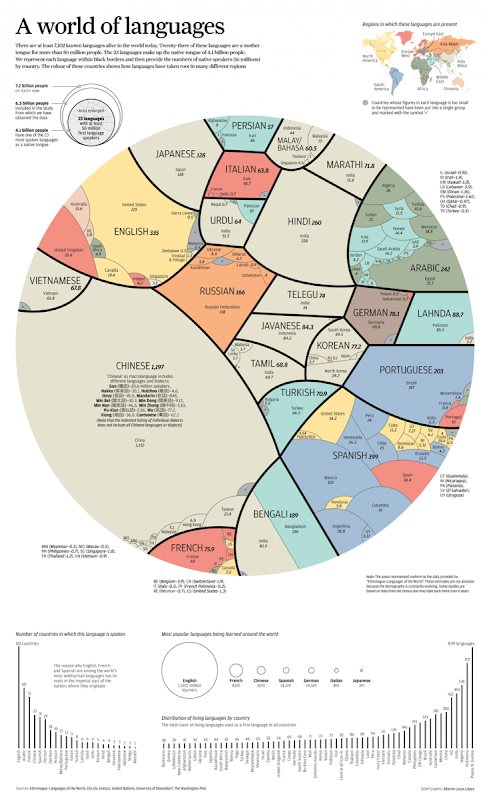June 8, 2015
the technological history of modernity
I’m going to try to piece a few things together here, so hang on for the ride — I have been reading and enjoying Matthew Crawford’s The World Beyond Your Head, and I’ll have more to say about it here later. I strongly recommend it to you. But today I’m going to talk about something in it I disagree with. On the book’s first...




